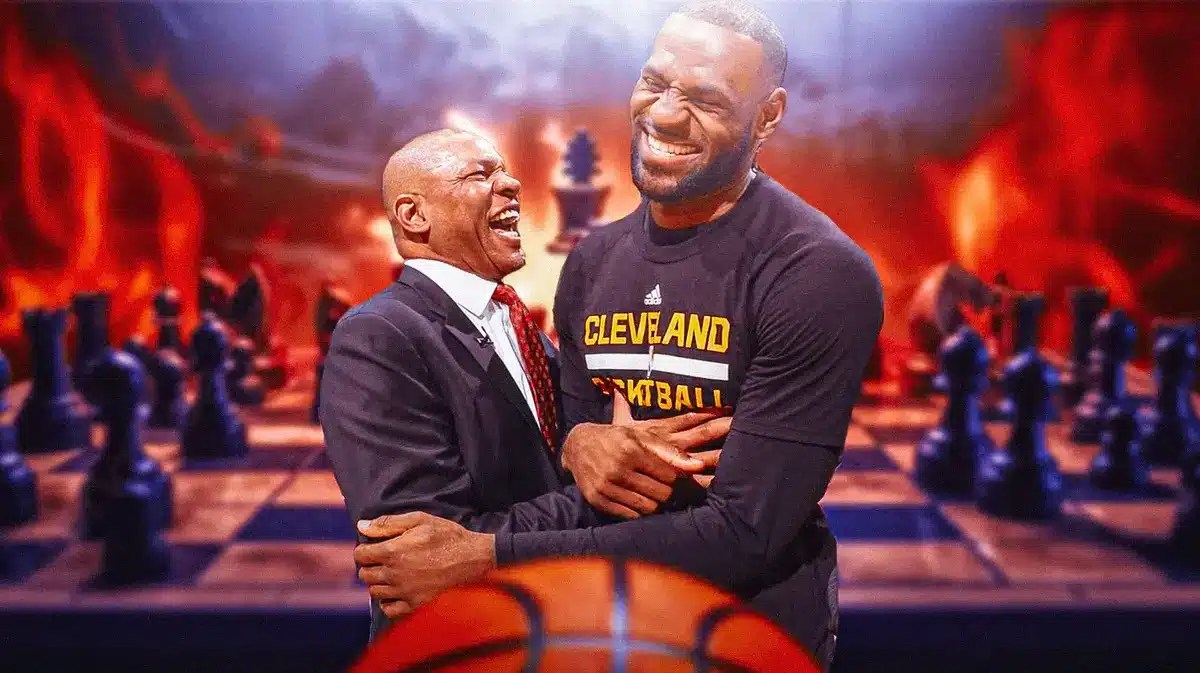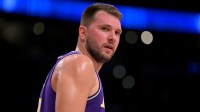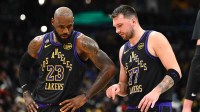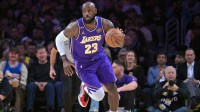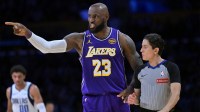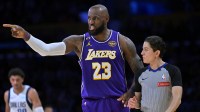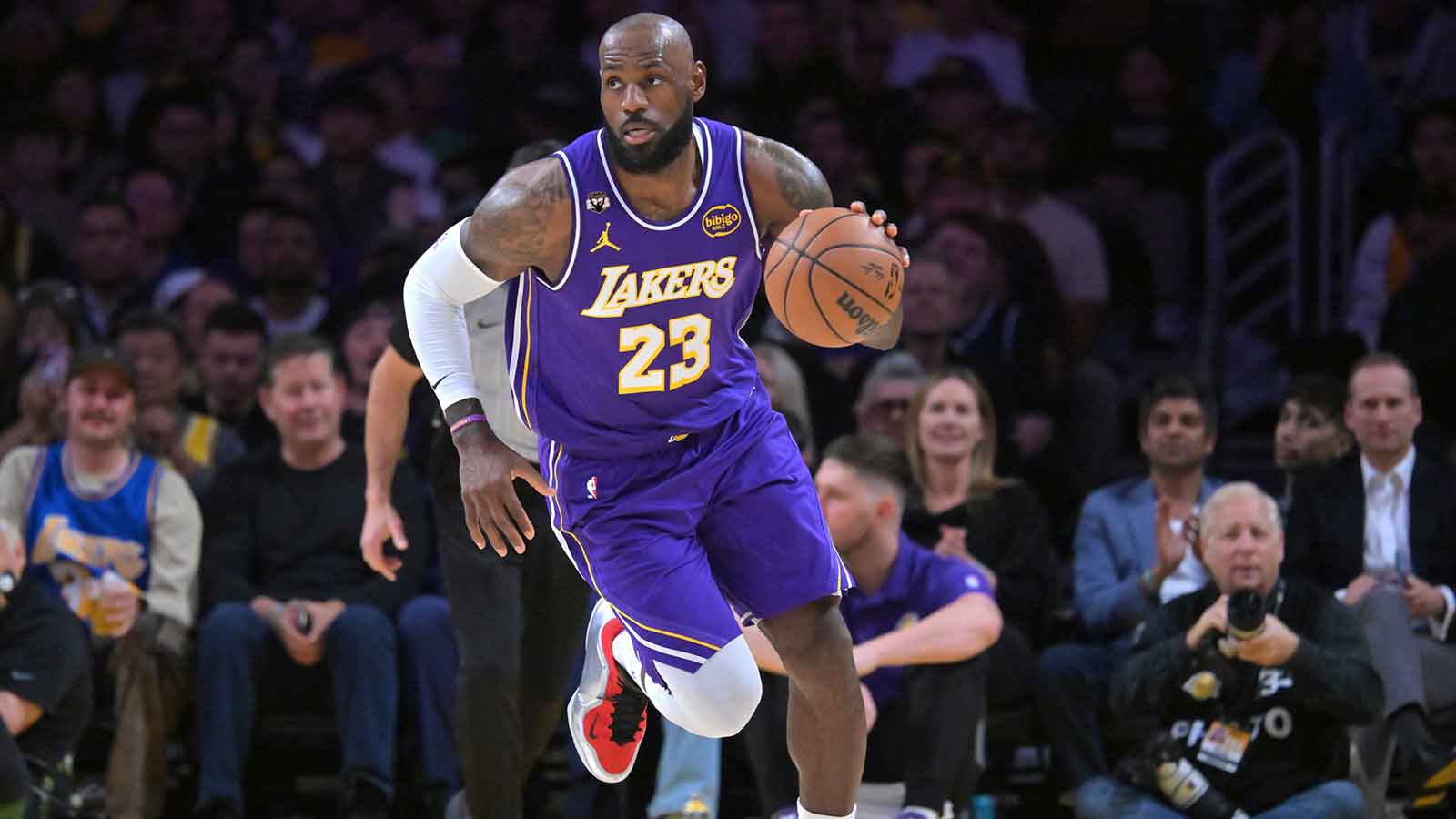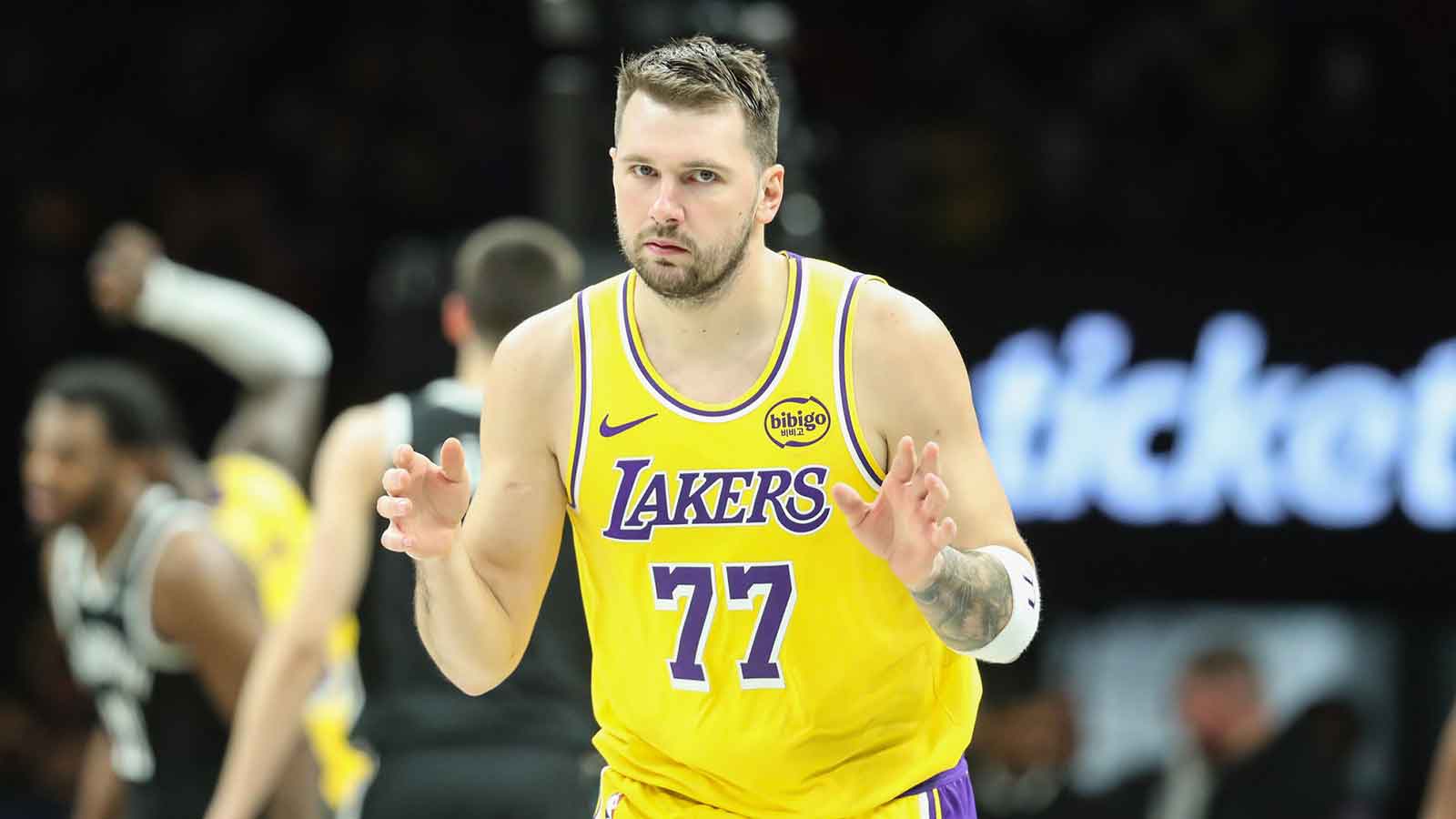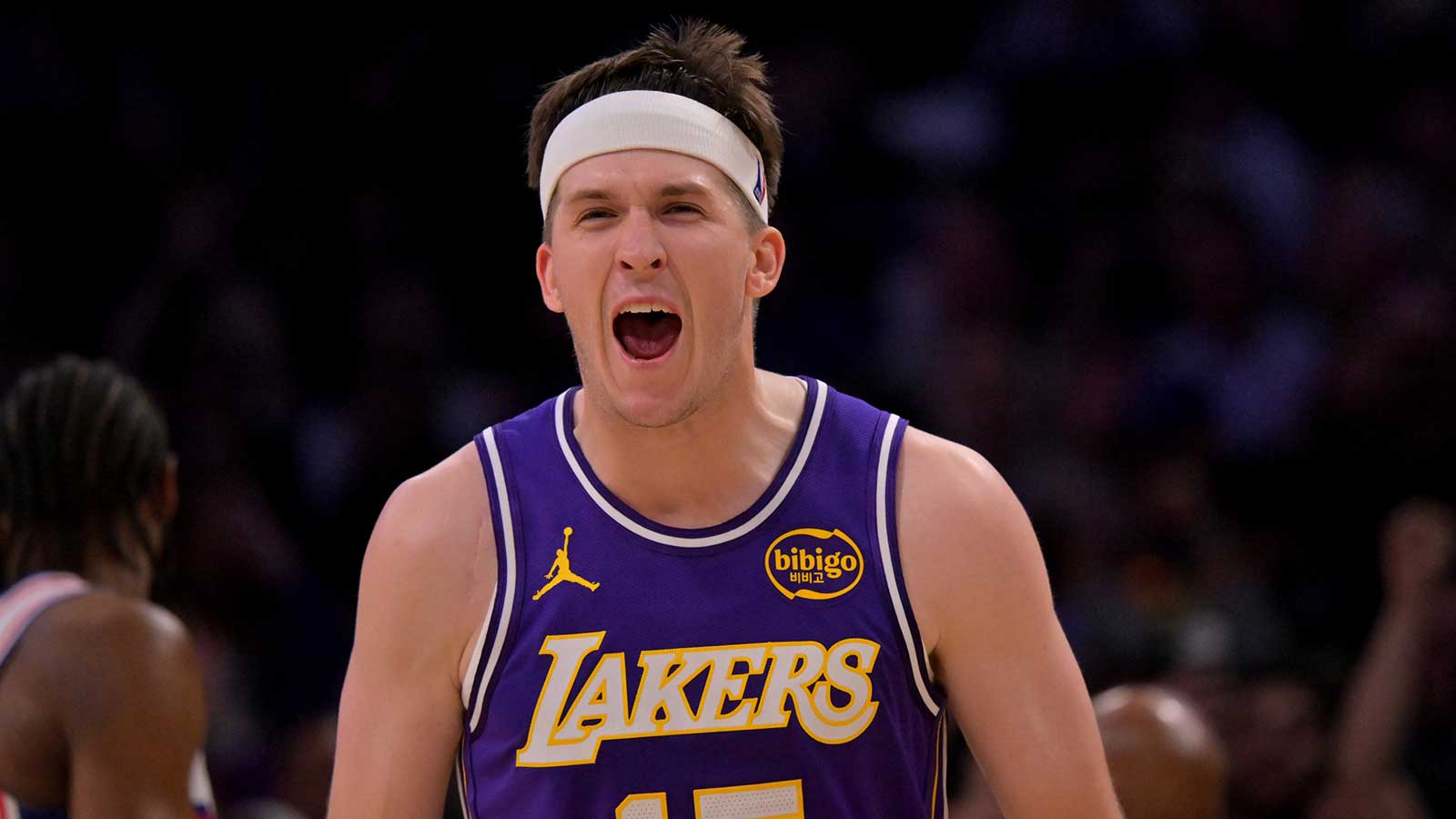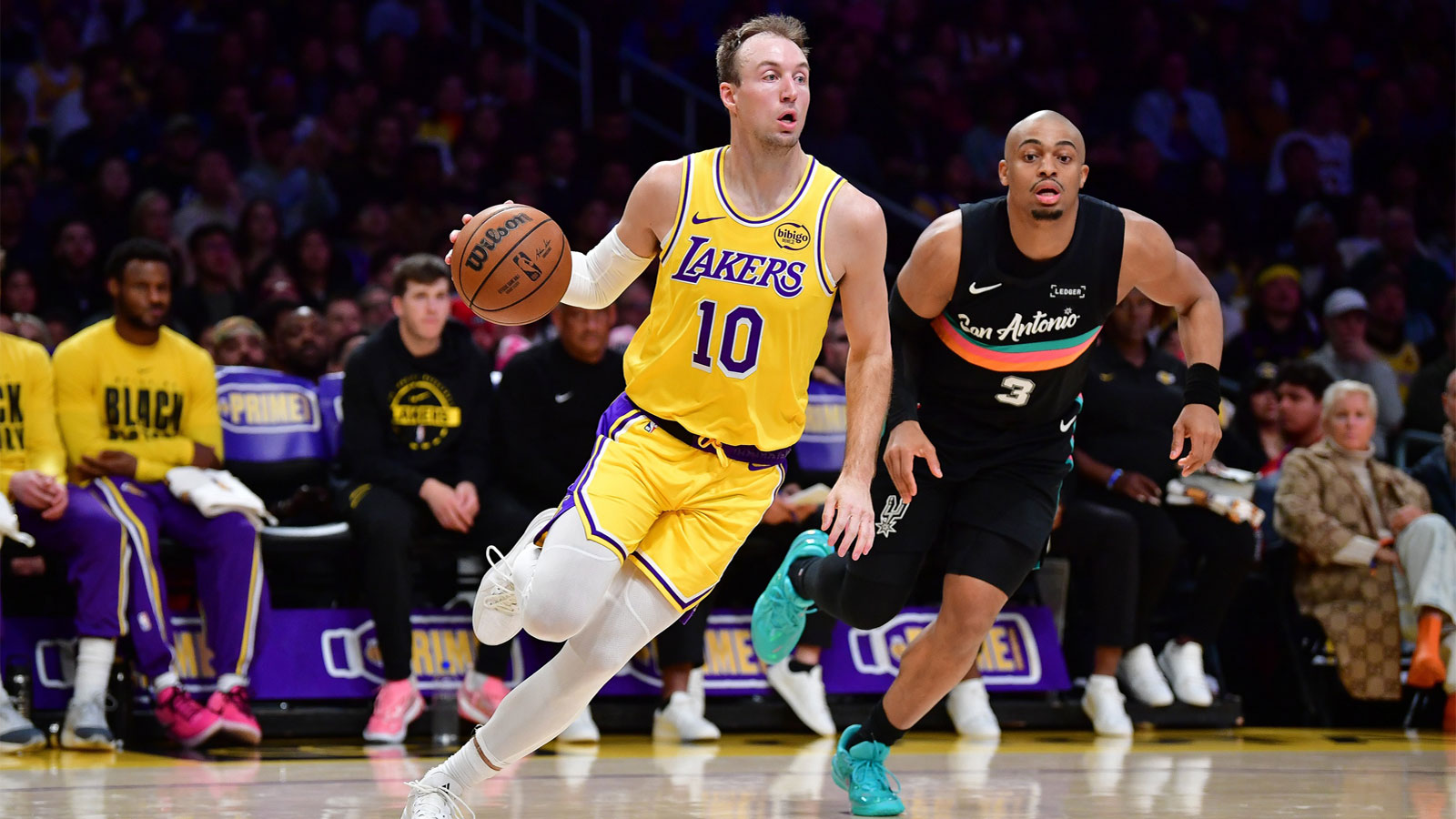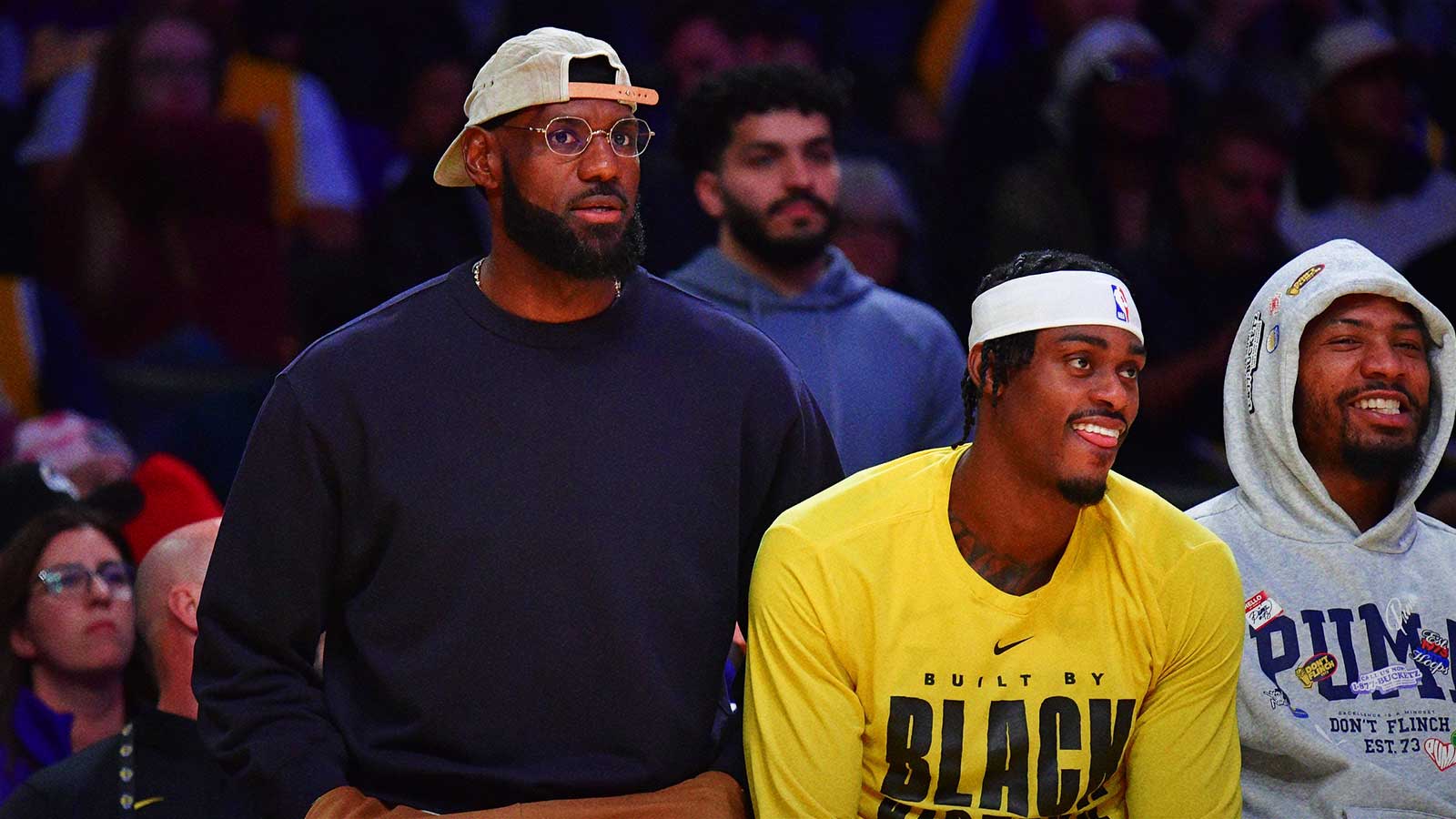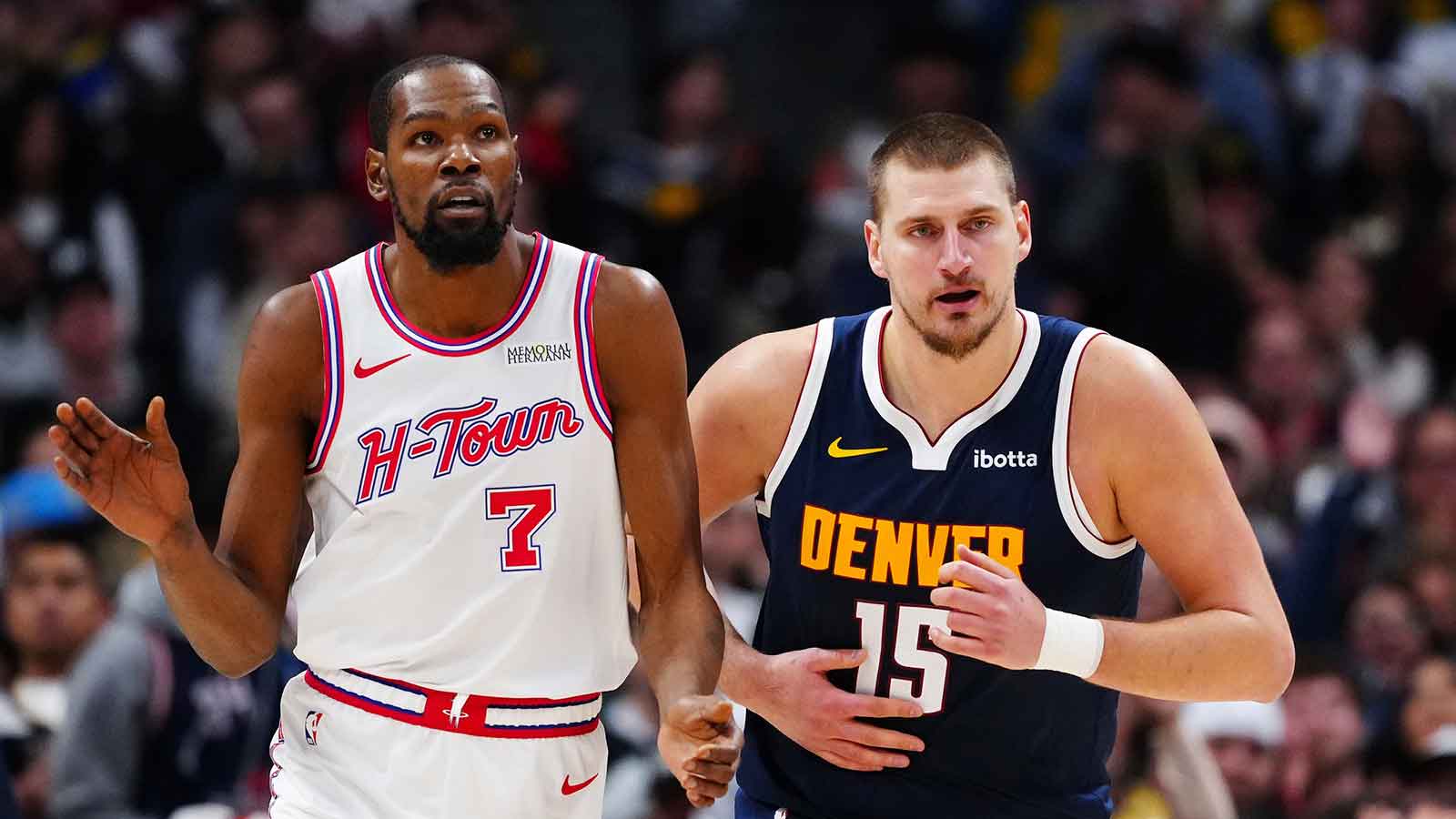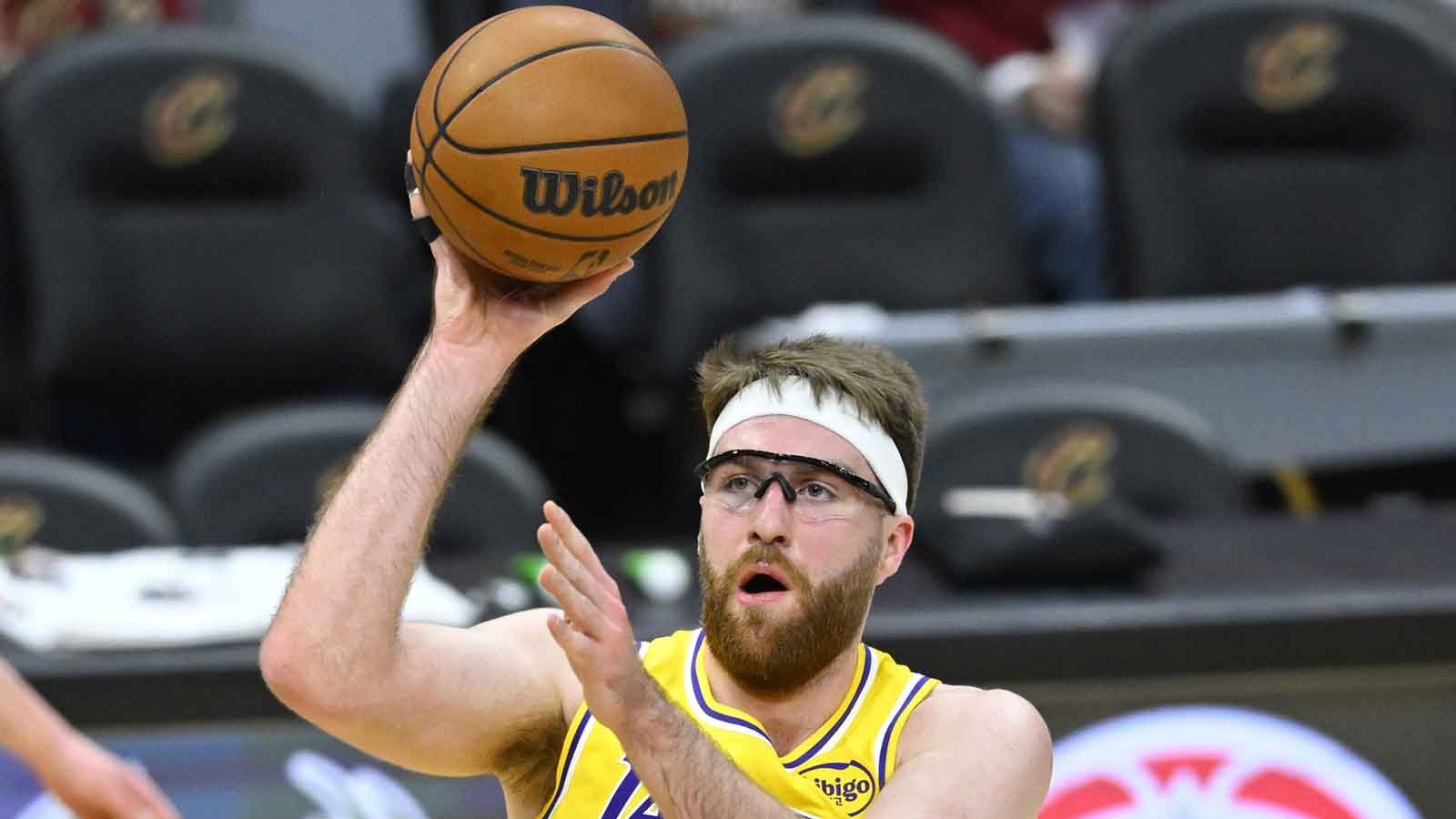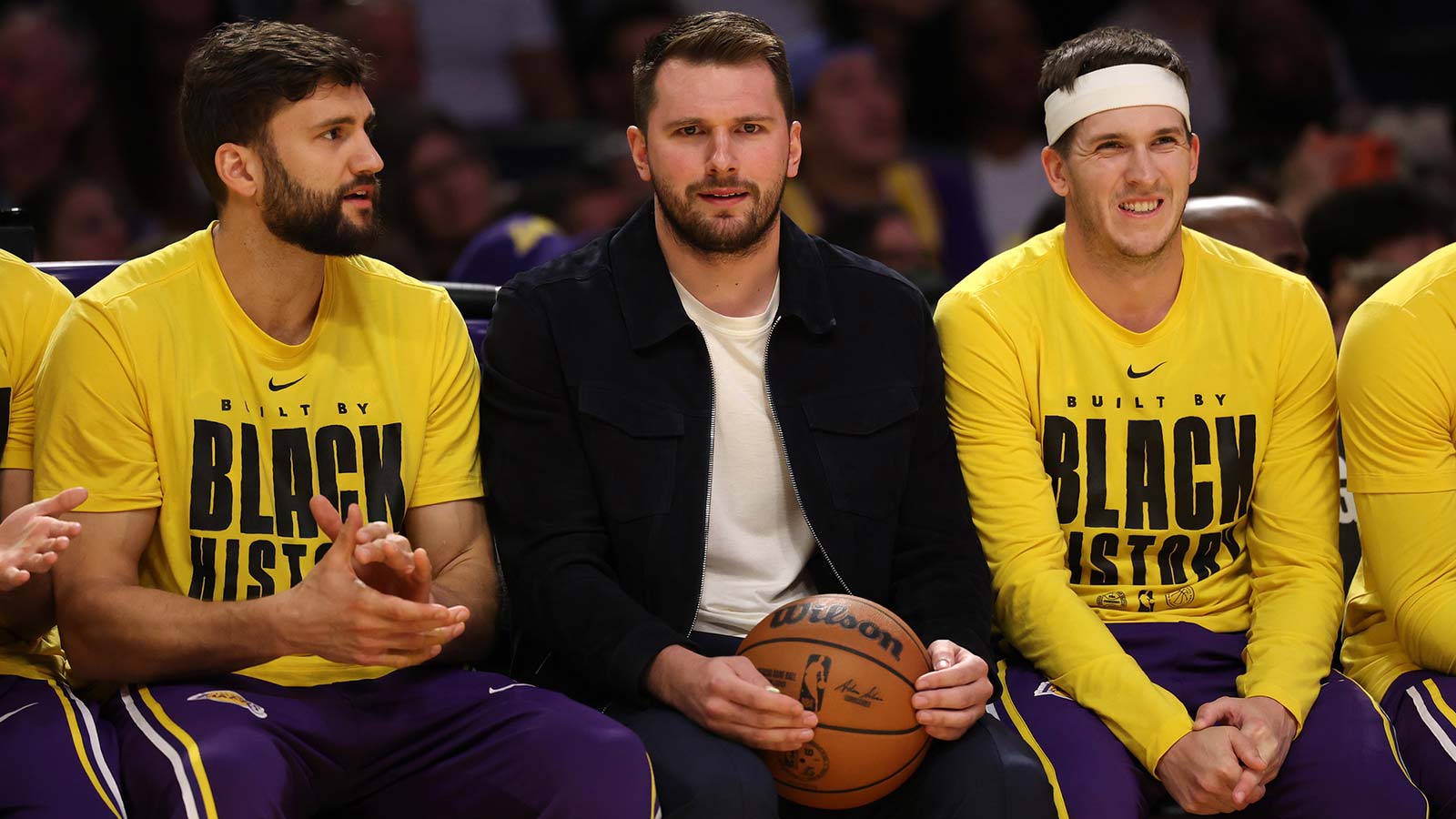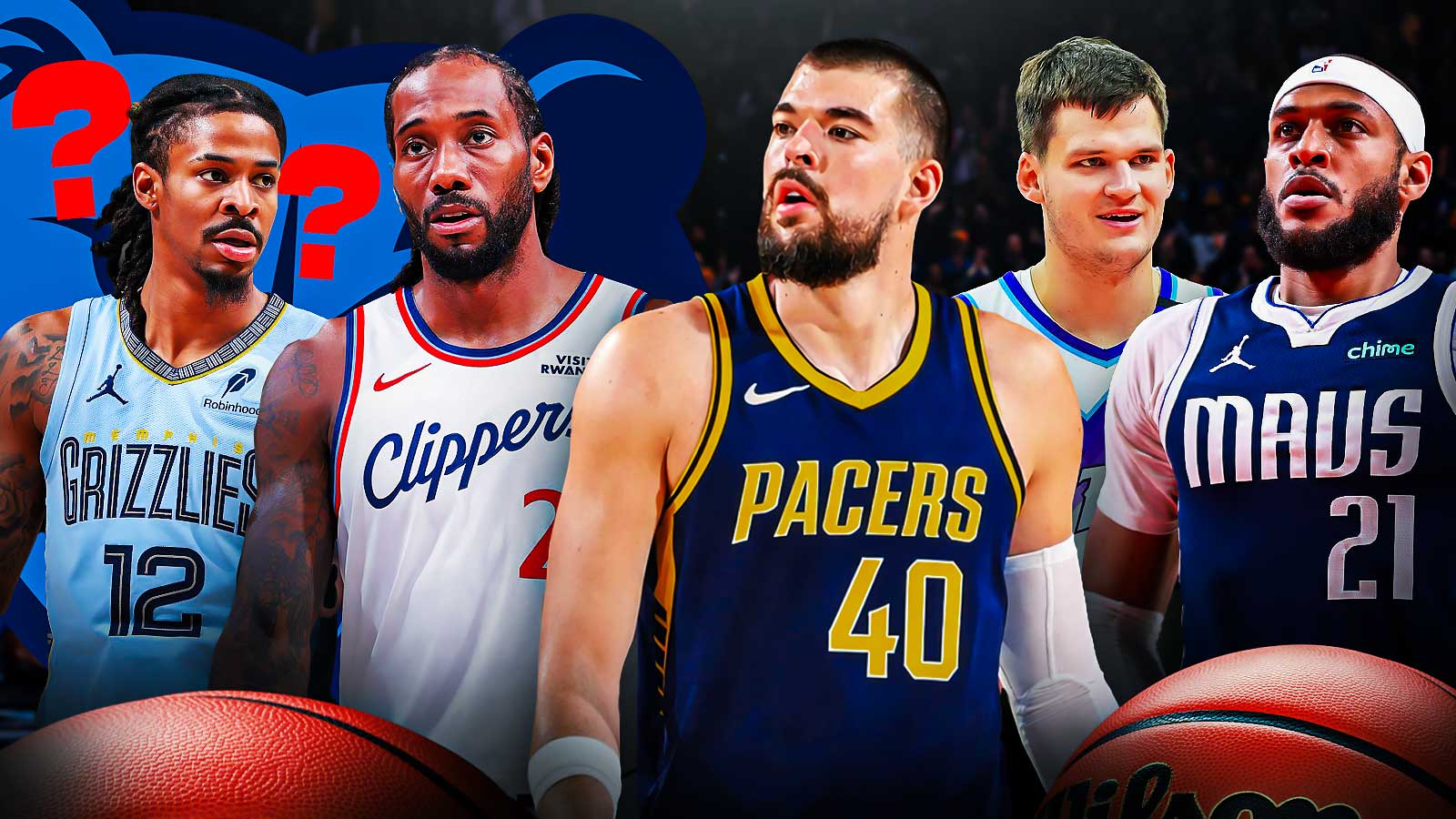On the 39th birthday of arguably the greatest basketball player to ever live, it's worth taking a long look at the long career of LeBron James. At this point, you've probably got his accolades memorized, but what the heck, why not list them for old time's sake?
-Four-time NBA Champion, four-time NBA Finals MVP, four-time NBA regular season MVP, NBA's all-time leading scorer, all-time leading Playoff scorer, ranks inside the top eleven in all five major statistical categories in postseason history, three-time Sports Illustrated Sportsperson of the Year, billionaire, philanthropist … and if you ask Doc Rivers, owner of the greatest mind in the history of the NBA.
“LeBron early in his career, he was a great player but he wasn’t a student… When you watch him now, it’s like he’s playing chess. It’s ridiculous now, watching him. His brain has evolved.”
Doc Rivers on LeBron James’ evolution 🗣️
(via @shobasketball)pic.twitter.com/TNmfOSadKB
— ClutchPoints (@ClutchPoints) December 30, 2023
This is a factually correct take coming from a former head coach who has had to scheme against LeBron James in more big games than anyone else alive. Of all the things that have allowed LeBron to craft a career that is worthy of being considered the greatest ever, it's his mind that has been his greatest tool, and we're talking about a guy who has more tools in his possession than a Home Depot.
It's fitting that all five standard basketball positions — point guard, shooting guard, small forward, power forward, center — are listed on LeBron James' Basketball-Reference page. He possesses both the physical and mental skills to be able to play any of the five at an extremely high level. But in reality, there should be a sixth, unofficially recognized position listed there too: Problem Solver. LeBron James is the greatest Problem Solver who has ever stepped foot on an NBA floor, someone who has a seemingly photographic memory that applies specifically to basketball. He's proven to be capable of remembering plays from years prior down to the tiniest detail. As Doc Rivers laid out, he's shown a knack for calling out opponents plays as they are running them. In any given situation he could find himself in on a basketball court, LeBron is prepared for it. And that comes from both a whole lot of time and a whole lot of preparation.
LeBron James is the only player in league history who was both the youngest and oldest player in the NBA at some point in their career. We've seen him grow up as both a basketball player and as a human being in the now nearly 25 years that he's been on the radar of sports fan. He was the #1 pick in the NBA Draft as an 18-year-old who would have to wait two and a half more years before he could legally drink, and now he's a 39-year-old wine aficionado who has three children, including one who is older now than LeBron was when he made his NBA debut.
When LeBron made his NBA debut, he did so as the most heralded high school player since Kareem Abdul-Jabbar was still going by Lew Alcindor. But as Doc Rivers explains in the video above, it took time for LeBron to maximize what his computer brain was capable of. He had to develop and grow older to harness that gift. As an eighteen-year-old, you could see it on display with a Magic Johnson-esque knack for passing the rock. LeBron could see teammates cutting and gaps in the defense before anyone else in the building could. But it's gone well-beyond that in the many years since.
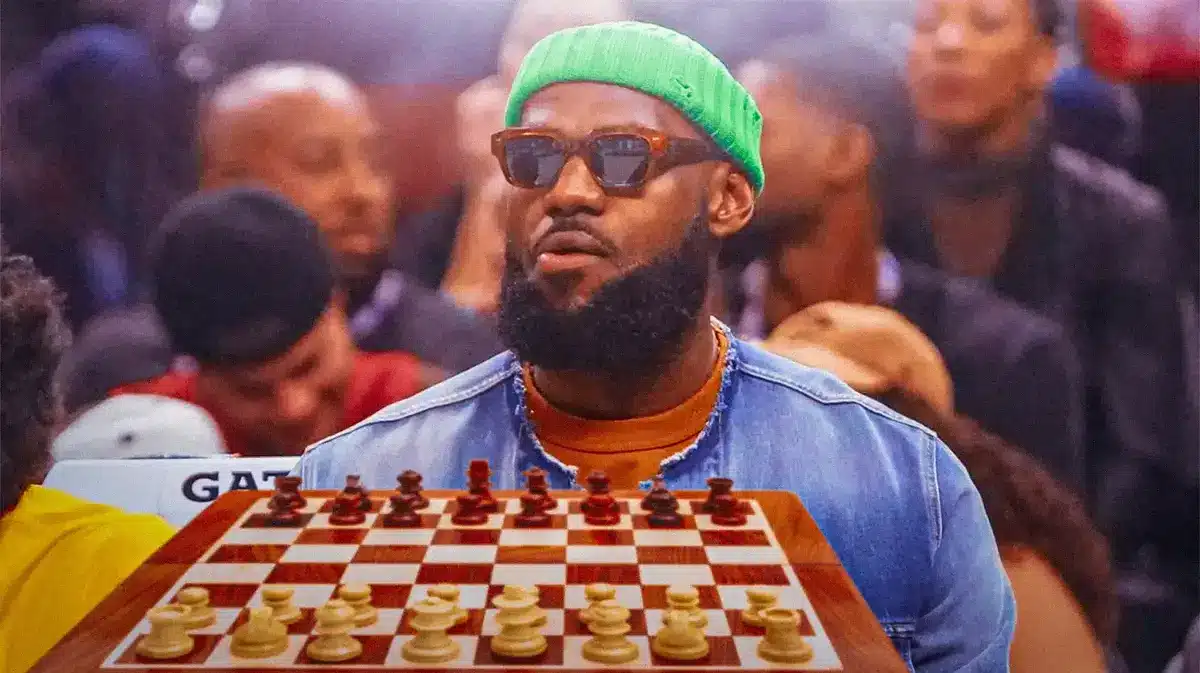
LeBron's always had the physical tools to be one of the best defensive players in the NBA, but it wasn't until after he played for Team USA in the 2008 Summer Olympics that he returned to the league as a truly dominant defender. As an on-ball defender, LeBron could guard 1-through-5 at his peak, but it was as an off-ball defender where LeBron morphed into a Ed Reed like presence as a member of the Miami Heat, reading the opposing offenses and calling out plays from the back-end of the defense. It was also during his four seasons in Miami that LeBron learned how to dominate with his back to the basket. After being hesitant to develop and lean on a post-game for so long as a member of the Cavaliers, LeBron started playing bully-ball in small-ball lineups with the Heat before mastering it in his second tenure with in Cleveland.
In that second stint in Cleveland was when LeBron learned how to conserve energy and take plays off while still on the floor, limiting himself from putting extra miles on an odometer that now has over 66,000 combined regular season and postseason minutes on it. They say the greatest ability is availability, and even though LeBron has missed more games in the last six years with the Lakers than he did in the first fifteen of his career, the fact that we're dealing with a 39-year-old who is averaging 25 points, 8 rebounds and 7 assists per game in his 21st season in the NBA proves that the plan to conserve energy has worked. Worked well enough to win the Los Angeles Lakers an NBA Title in 2020, right? Probably helps too that LeBron has famously spent millions of dollars to keep his body in tip-top shape… a lesson that many great players never learned.
It remains to be seen how long LeBron James can maintain his status as one of the best ten or so players in the league. We've never seen a player two decades into their career resemble anything more than a shell of what they used to be, and yet on most nights, King James still looks like a perennial MVP candidate. To compensate for the ever-so-slight dip in his night-to-night physical dominance, LeBron's computer brain is now working like it's being operated by the most sophisticated AI technology imaginable. He's somehow turned the game of basketball into his own personal game of chess, and in this game, LeBron James is Magnus Carlsen and everyone else might as well be me: someone's whose chess career peaked when they won an elementary school tournament in sixth grade.
(I won that sixth grade chess tournament the same year LeBron James won NBA Rookie of the Year.)
That's right, I was a sixth grade student when LeBron James began his formal NBA education. Whenever it is that he eventually retires, he'll do so with a PhD in basketball studies and the title of greatest career in NBA history.
HBD, King James!

